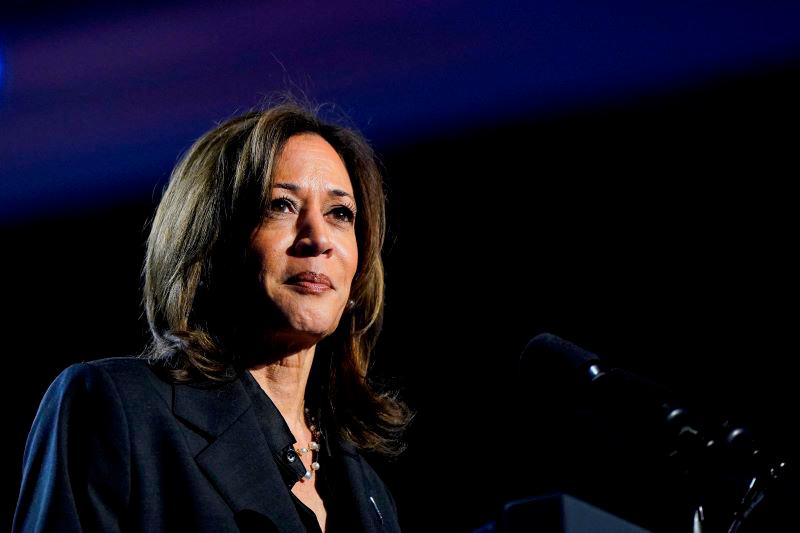AS things heat up in this year’s US election where voters are divided between Democrat Kamala Harris’ progressive tone or former US President Donald Trump’s “America First” campaign, Malaysian Industrial Development Finance Berhad (MIDF) gives its own perspective, leaning toward Harris.
MIDF pointed out how Trump’s campaign pushes the agenda of lowering taxes, deregulation and “protectionism” while Harris’ side prioritises higher “corporate and wealth taxes, targeted trade restrictions, and worker protections”, as quoted from a report by Business Today.
Protectionism is defined as a country’s means to improve its industry by imposing restrictions such as tariffs as protection from foreign competition.
With this, MIDF notes that trade and investment prospects in Malaysia would be affected, regardless of who comes out on top, however, Malaysia’s existing trade relations with the US could be challenged by Trump’s protectionism.
ALSO READ: No major change expected in chip industry post-US elections - Tengku Zafrul
On the other hand, Harris could have a more positive implication by potentially strengthen US-ASEAN trade ties.
Either way, Malaysia would “benefit from the shift in trade flow and higher regional investment.
While betting markets and polls slightly lean to Trump, MIDF “expects”, as quoted, a Harris win.
Despite Trump slightly leading in most swing states, other factors, namely, strong economic fundamentals such as “disinflation, income growth and a robust labour market”, as quoted, favour his opponent also taking into consideration the debate where she outshone Trump, possibly influencing voters on the fence.
Furthermore, MIDF said Harris winning the election could weaken the US dollar in the near term, stabilising the US dollar index (DXY) to 102-103 hence supporting the ringgit with Fed rate cuts and prevailing policy continuity.
Harris winning without a “decisive sweep” could reportedly forecast the USDMYR exchange at 4.25 by end-2024 and 4.10 by end-2025, assuming that the current economic state persists.
A Trump presidential term, on the other hand, could improve the US$ and cause inflation rates to rise, affecting the Fed policy and emerging currencies, including the ringgit thus possibly constraining Fed rate cuts to around 4.0% to 4.5% by 2025, driving the USDMYR to 4.48 by end-2024 then moderately recovering to 4.37 by end-2025.
Not only that, MIDF said in the short term, a Harris win may lower US Treasury (UST) yields, benefitting Malaysian bonds while Trump’s victory suggests a surge in volatility, limit Fed rate cuts and push yields higher.
These two scenarios suggest continuously high US deficit thereby influencing “investor sentiment” and “bond market dynamics”, as quoted, in Malaysia.









